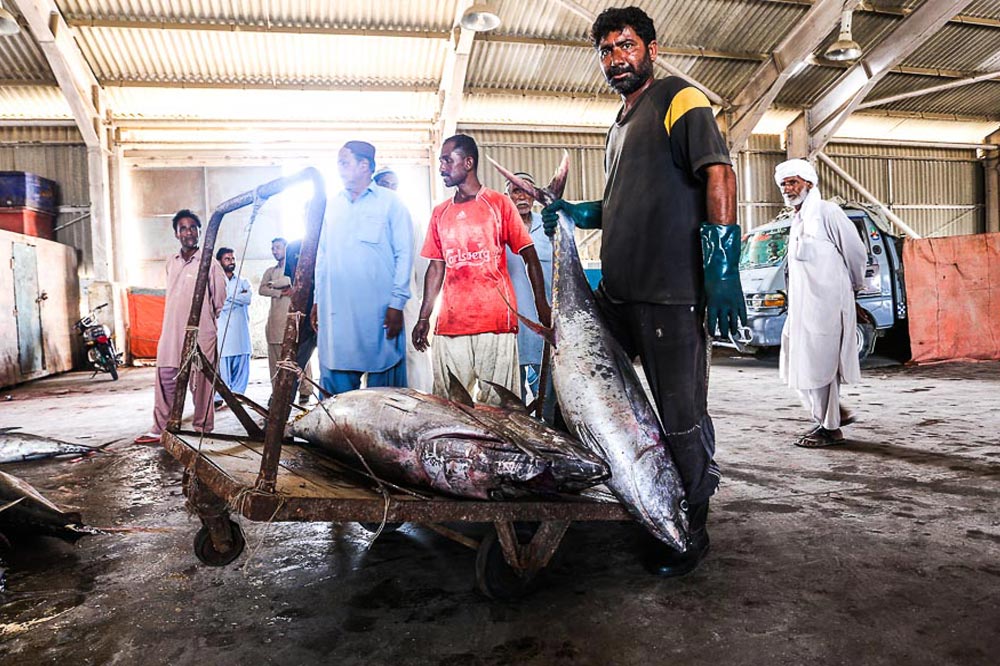
Winrock-implemented project celebrates successes in support of Balochistan farmers
When the Pakistan Agriculture and Cold Chain Development (PACCD) project officially closed out activities with a ceremony in May, project staff and beneficiaries alike had many reasons to celebrate the substantial gains the last four and a half years have brought to the horticulture sector of Balochistan.
Chief of Party Farrukh Baig Mirza and U.S. Ambassador to Pakistan Richard Olson could be seen, at the beginning of the ceremony, touring a showcase of prominent successful project accomplishments. Also attending was Program Analyst Jasmine Junk from the U.S. Department of Agriculture (USDA). In his speech during the event, Ambassador Olson emphasized the importance of projects like PACCD lies in developing horticulture in areas, like Balochistan, that cast a huge impact in the overall economy of the country.
“Balochistan is the province that adds variety to Pakistan’s diet,” said the ambassador. “Our project helps to connect Balochistan with consumers in the rest of Pakistan.”
PACCD was a joint Food for Progress effort between USDA and Winrock International. The province is often called “the fruit basket of Pakistan,” but horticultural and fishery infrastructure lags behind other provinces in part because of its challenging terrain. To address these challenges, 78 physical structures such as cold storage, banana ripening units, and drying tunnels were built throughout the province. In all, these added a total of 9,400 MT of cold storage capacity to help farmers reduce post-harvest losses.
Other successful project interventions included:
- The reduction of post-harvest losses and increased farmer revenues of 15 to 45 percent;
- The reduction of fish waste by up to 25 percent through insulated box distribution and on- and off-boat flake-ice units;
- The establishment of 20 new market linkages with large stores such as McDonald’s and Metro Cash and Carry (an international supermarket);
- And, the creation of 1,250 new jobs.
PACCD also supported many local agricultural organizations to encourage the sustainability of the project. The project provided income-generating tools for the Gwadar Education and Welfare Society (GEWS), the Balochistan Horticulture Cooperative Society (BHCS), and the Balochistan Date Growers Association (BDGA). These facilities and equipment will help ensure a continuous stream of income for these organization to assist with operational costs, and will enable them to remain at forefront of supporting farmers.
